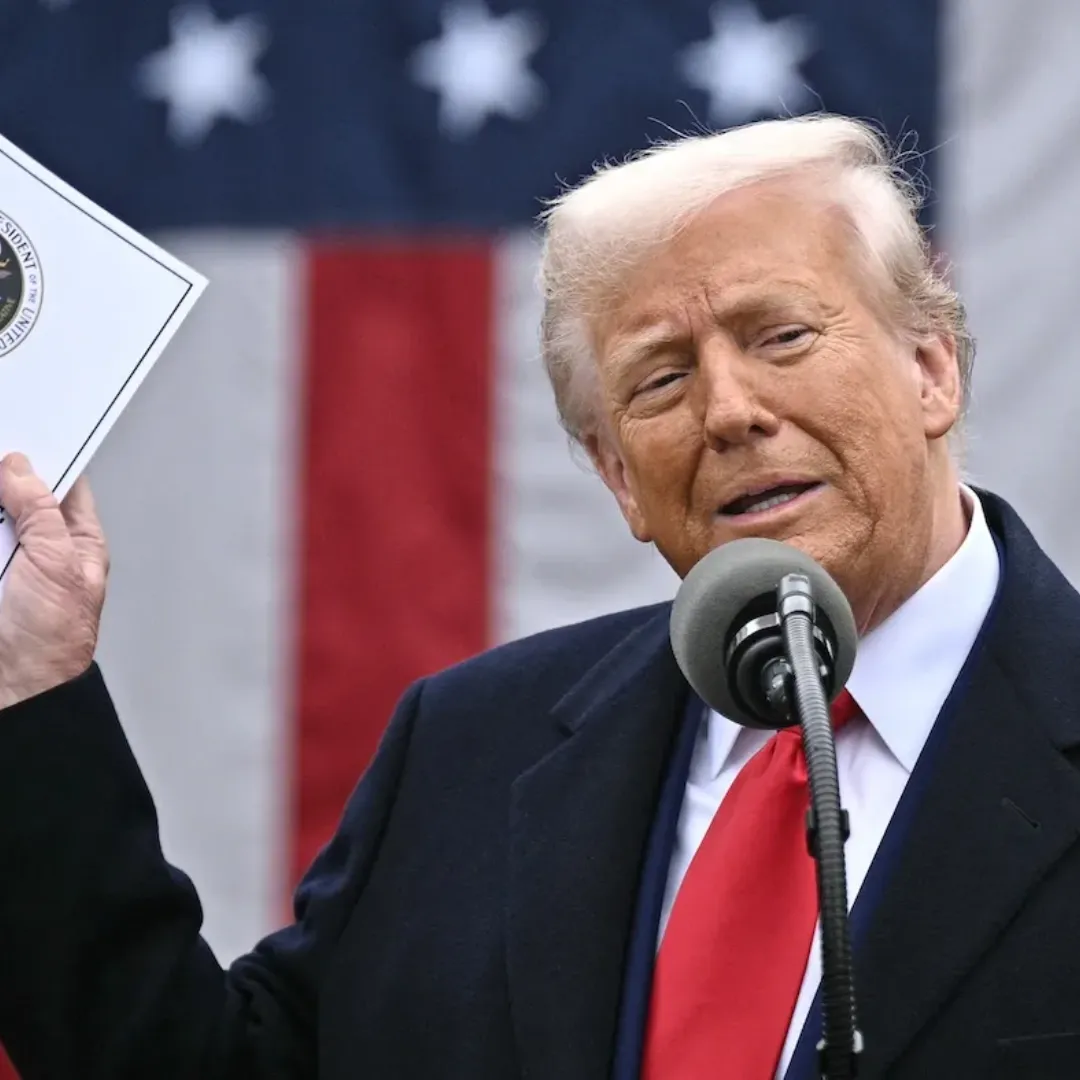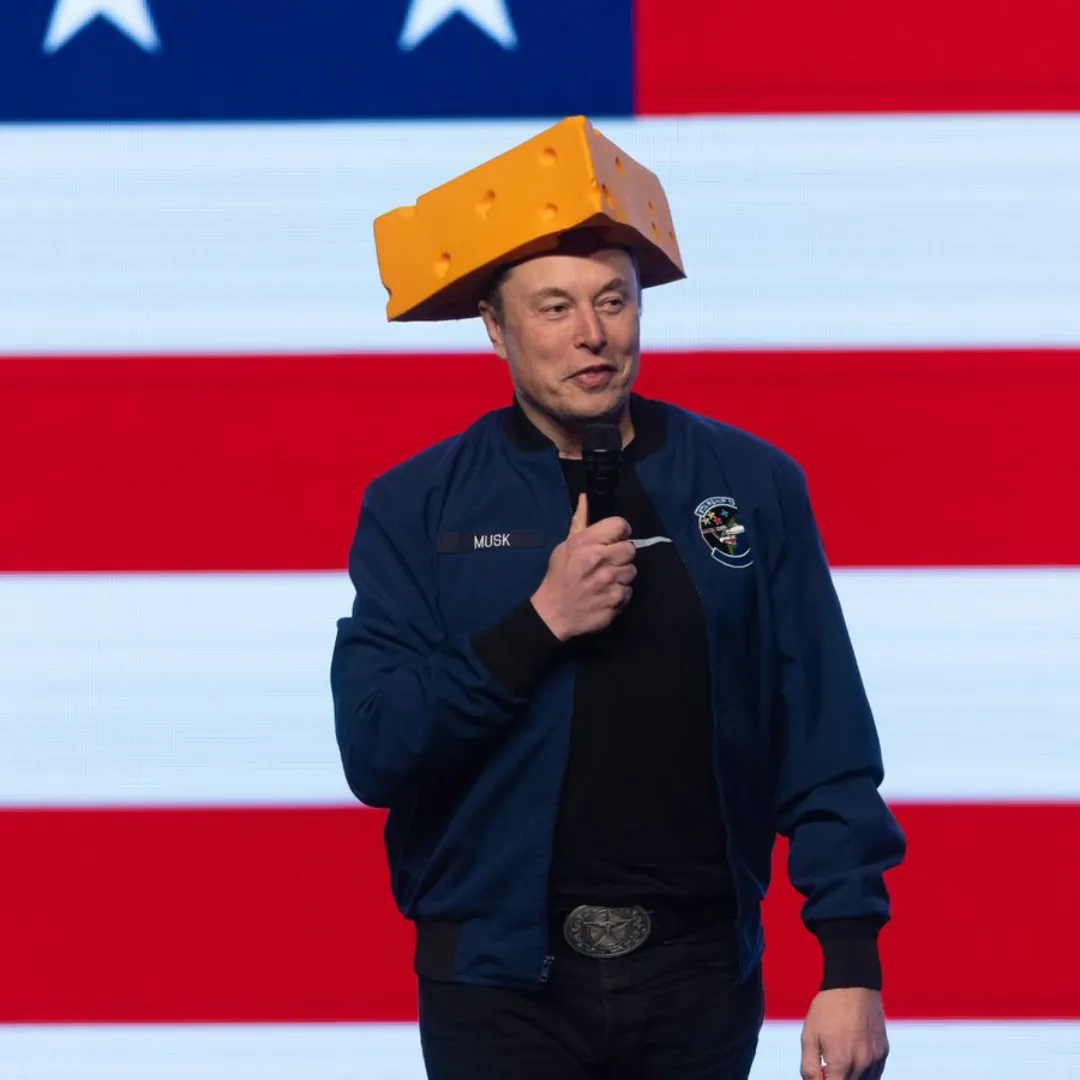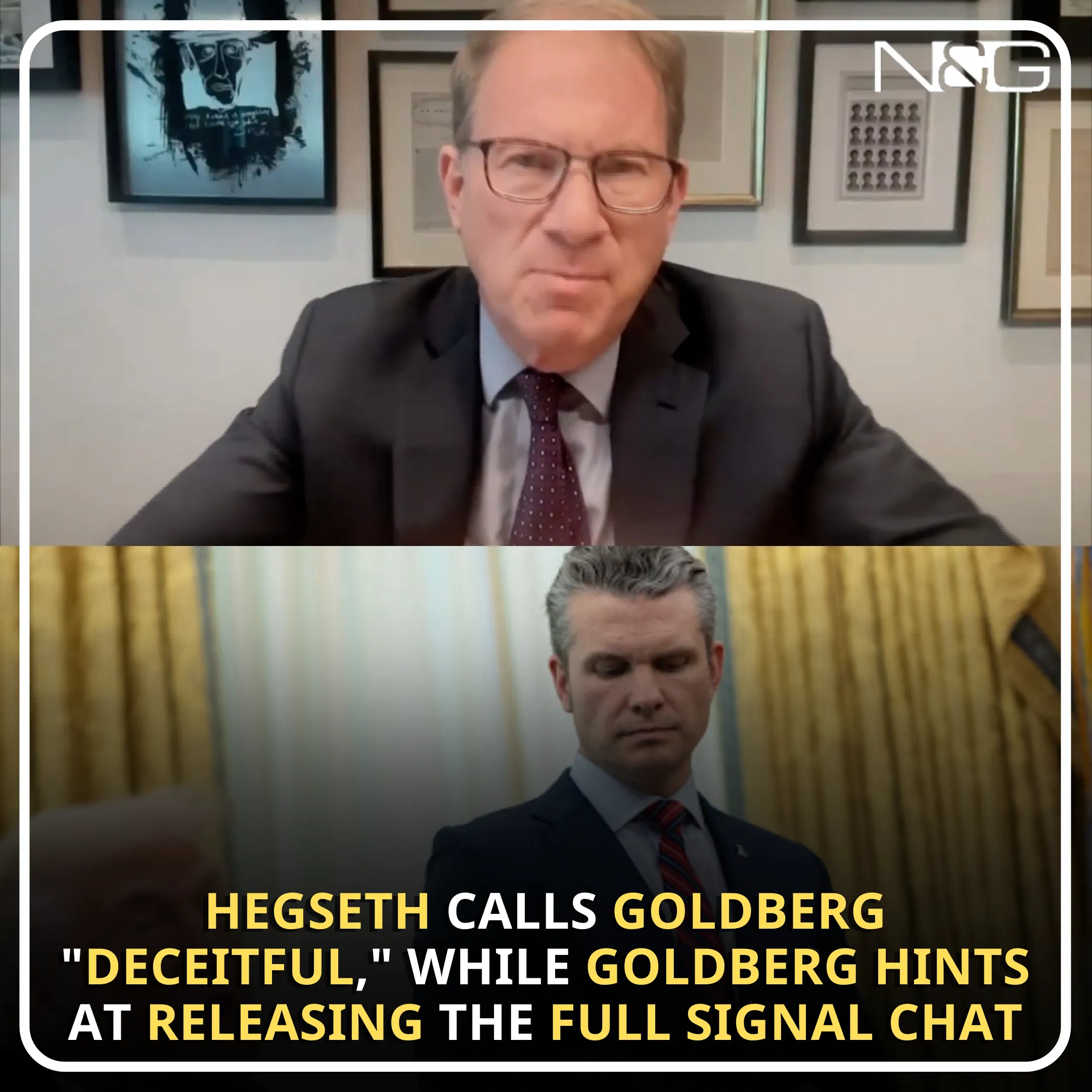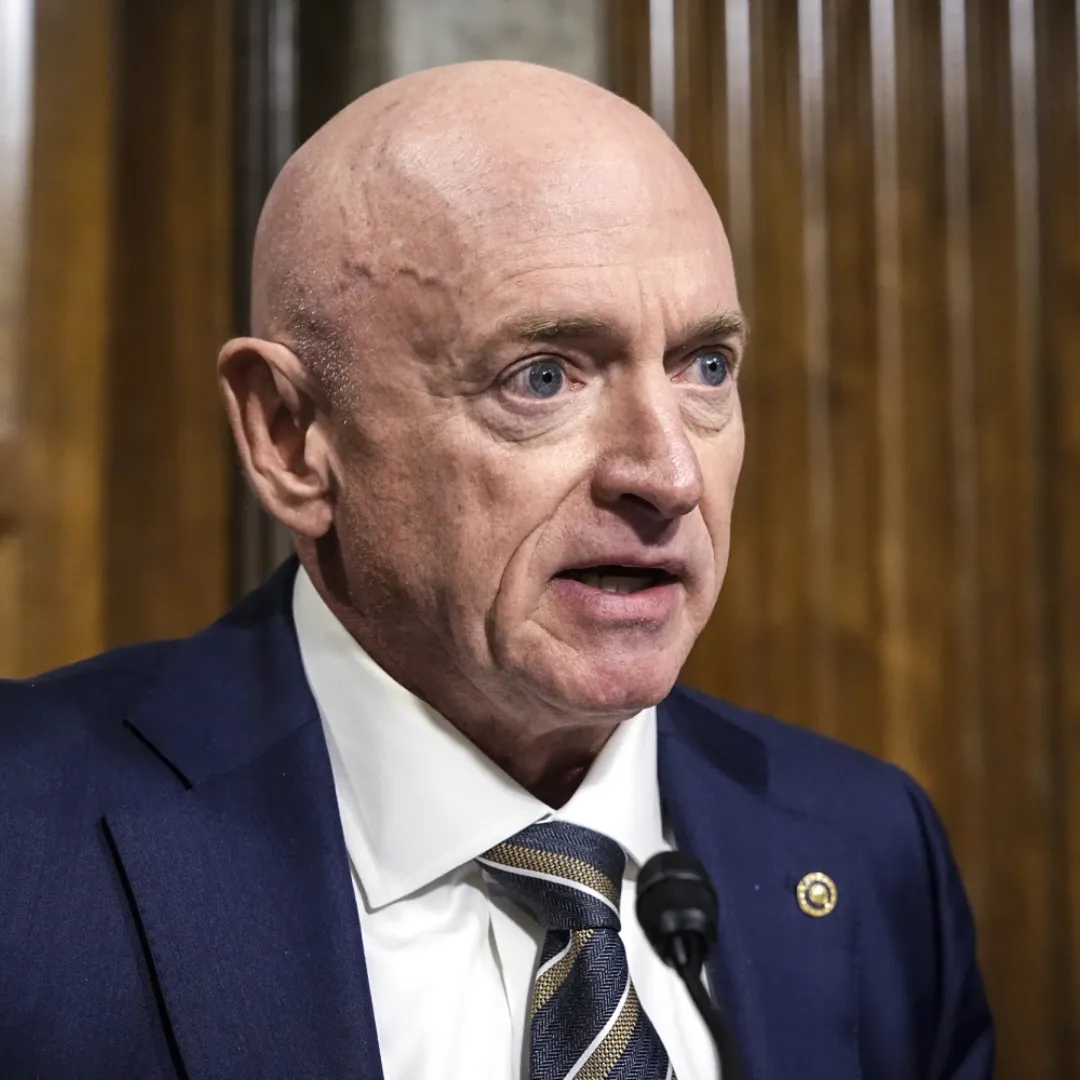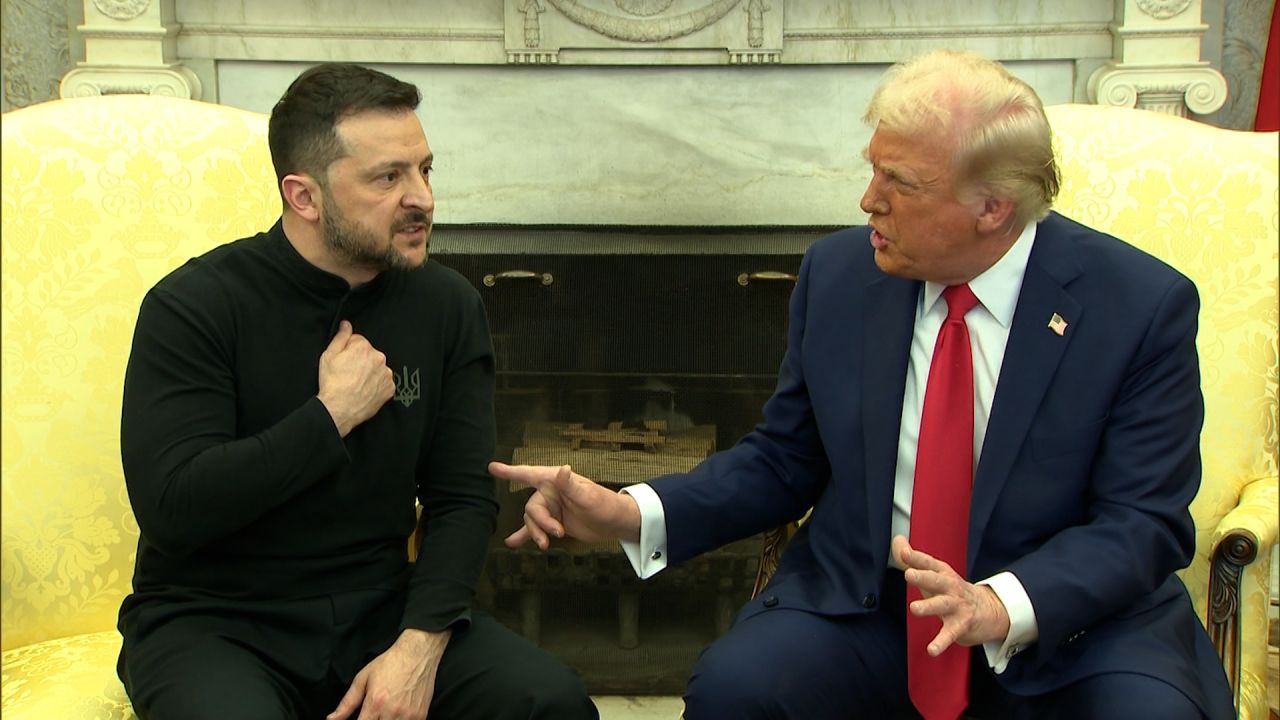
In an exclusive phone interview on Sunday, President Donald Trump expressed his outrage over remarks made by Russian President Vladimir Putin regarding Ukraine’s President Volodymyr Zelensky. Trump made it clear that he is “very angry” and “pissed off” at Putin’s comments, which questioned Zelensky’s legitimacy as a leader in the ongoing conflict with Russia.
The president also signaled his intent to take strong actions if Russia is found to be the primary obstacle to peace.
The remarks came after Putin suggested that Zelensky did not have the credibility required to sign a peace deal. This comment has further complicated the already delicate negotiations surrounding the war in Ukraine, which has now been ongoing for over a year.
Trump, who has made it clear that ending the conflict is a top priority for his second term, expressed his concerns that Putin’s stance could significantly delay any peace agreement.
In the phone interview with NBC News’s Kristen Welker, Trump detailed his strong reaction to Putin’s questioning of Zelensky’s leadership. “If I feel, if we’re in the midst of a negotiation, you could say that I was very angry, pissed off, when Putin said yesterday that — you know, when Putin started getting into Zelensky’s credibility, because that’s not going in the right location, you understand?” Trump said.
Putin’s comments on Friday suggested that Zelensky’s government did not have the necessary legitimacy for any peace agreement. According to Putin, the Ukraine’s postponed 2024 presidential elections, due to martial law amid the ongoing war, meant that the country was lacking the democratic processes needed to secure the trust of the people.
Instead, Putin suggested that Ukraine needed an interim government to facilitate a peace deal.
The Russian president, in his statement, also hinted that any deal signed by the current Ukrainian government could face significant opposition. “Under the auspices of the United Nations, with the United States, even with European countries, and, of course, with our partners and friends, we could discuss the possibility of introduction of temporary governance in Ukraine,” Putin said.
He then added, “Democratic elections, to bring to power a viable government that enjoys the trust of the people, and then begin negotiations with them on a peace treaty.”
Trump did not mince words in expressing his frustration with Putin’s comments, especially his call for a new Ukrainian leader. The president was quick to point out that such a request could derail efforts to end the war.
"But new leadership means you’re not gonna have a deal for a long time, right?” Trump questioned. His frustration was clear as he expressed concern that a prolonged leadership struggle in Ukraine would stall peace talks.
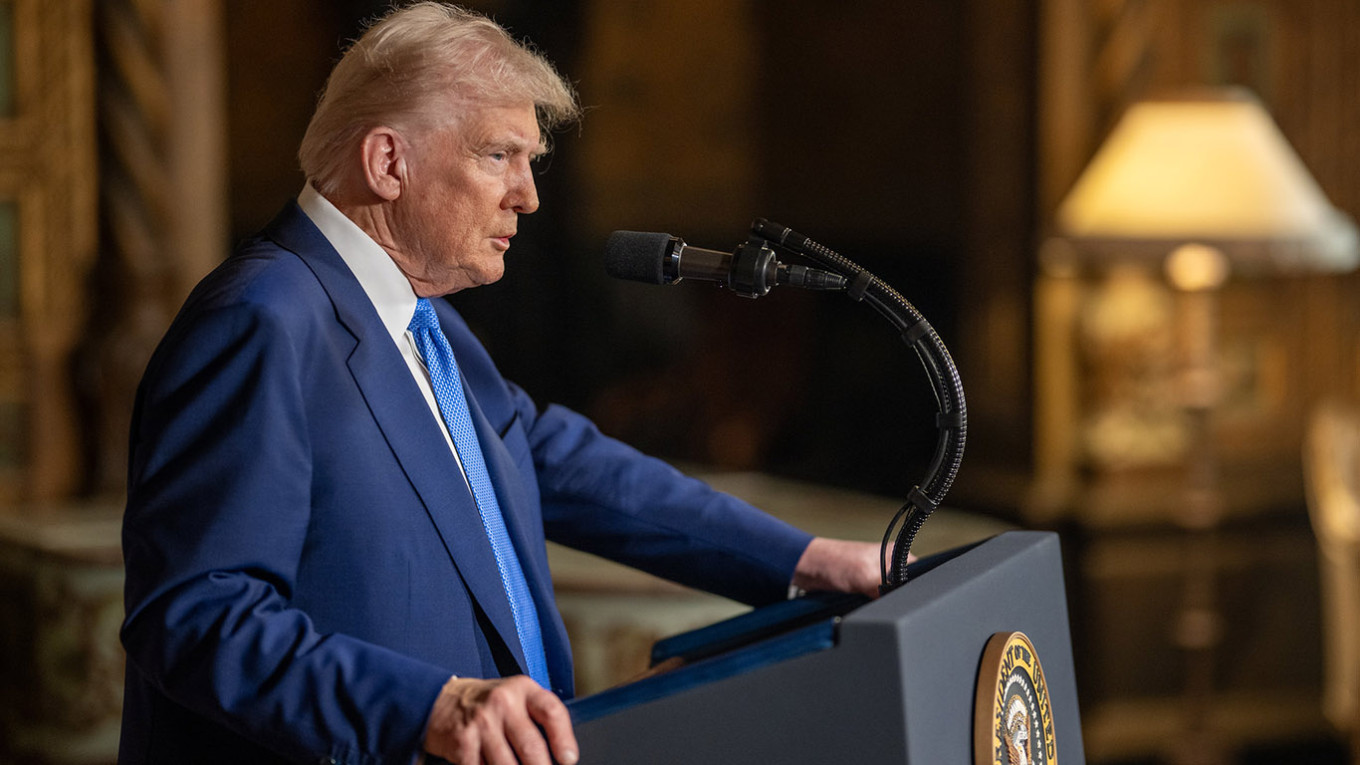
Trump made it clear that if Russia is found to be obstructing peace efforts, he will take punitive actions. Specifically, he threatened to slap new tariffs on Russian oil exports if it becomes evident that the Kremlin is to blame for stalling peace negotiations.
“If Russia and I are unable to make a deal on stopping the bloodshed in Ukraine, and if I think it was Russia’s fault — which it might not be — but if I think it was Russia’s fault, I am going to put secondary tariffs on oil, on all oil coming out of Russia,” Trump said during the interview.
Trump’s threat of secondary tariffs highlights his determination to take action if Russia’s role in prolonging the war becomes clear. By targeting Russian oil exports, the U.S. could significantly impact the Russian economy, which relies heavily on energy exports as a major source of revenue.
The president’s decision to raise the stakes in this manner underscores the gravity of his commitment to ending the conflict, and his willingness to use economic leverage to achieve that goal.
Since the beginning of his second term, Trump has made ending the war in Ukraine one of his primary foreign policy goals. He has met with individuals from both sides of the conflict in an effort to find common ground and negotiate a ceasefire.
Despite the controversies surrounding the actions of both the Russian and Ukrainian governments, Trump has consistently expressed his desire to bring about a peaceful resolution to the war.
During the interview, Trump made it clear that his administration is fully focused on trying to end the bloodshed. “We are doing everything we can to bring about an end to the violence. We are working every day to secure peace,” he said.
His remarks reflect his administration’s commitment to diplomacy, despite the political complexities involved.
Trump’s decision to speak out against Putin’s comments is a clear indication of the growing divide between the U.S. and Russia on the war in Ukraine. While Trump has expressed his willingness to negotiate with Putin directly, he has also made it clear that he will not accept actions that undermine Ukraine’s sovereignty or hinder peace efforts.

The relationship between the U.S. and Russia has been increasingly strained as the war in Ukraine continues, with both sides accusing each other of impeding diplomatic efforts. Trump’s comments, however, represent a marked departure from his previous stance on Russia, where he had been more conciliatory in his approach to the Russian leader.
Trump’s strong words on Putin’s remarks about Zelensky’s leadership reflect his ongoing desire to assert American influence on the global stage, especially in the context of the Ukraine conflict. By challenging Putin’s comments directly, Trump is sending a message that the U.S. will not tolerate efforts to destabilize Ukraine’s government or prevent peace from being achieved.
Trump’s threat of secondary tariffs on Russian oil exports underscores his broader approach to foreign policy, which often relies on economic leverage to achieve his goals. Secondary tariffs are a form of trade restriction imposed on a country’s exports in response to its actions that are deemed harmful or contrary to U.S. interests.
In this case, the potential tariffs on Russian oil would be a direct response to Russia’s obstruction of peace talks in Ukraine. By targeting Russia’s most significant export, Trump is signaling that the U.S. will not shy away from using economic pressure to compel the Kremlin to negotiate in good faith.
The threat of such tariffs also serves as a reminder that Trump is willing to take bold actions to protect U.S. interests and promote peace in global conflicts.
Trump’s strong position on the Ukraine conflict represents a continuation of his “America First” foreign policy, which emphasizes putting U.S. interests above those of other nations. By challenging Putin’s comments and threatening to impose additional tariffs, Trump is signaling that the U.S. will not allow foreign powers to dictate the course of international negotiations.
At the same time, Trump’s remarks also reflect his broader approach to diplomacy, which is characterized by a willingness to use economic pressure and direct negotiations to achieve outcomes that align with U.S. interests. His commitment to ending the war in Ukraine and bringing peace to the region is a central component of his second-term foreign policy agenda.

As President Trump continues to navigate the complex and volatile situation in Ukraine, his recent comments regarding Putin and Zelensky signal a shift in the U.S. approach to the conflict. By confronting Putin’s remarks head-on and threatening secondary tariffs on Russian oil exports, Trump is reinforcing his commitment to ending the war and securing peace in Ukraine.
While the challenges remain daunting, Trump’s willingness to engage directly with the situation and take bold actions underscores his determination to find a resolution to the ongoing conflict.
The coming months will be critical in determining whether Trump’s approach to Ukraine can bring about a lasting peace, or whether the geopolitical dynamics will continue to frustrate efforts at diplomacy.
